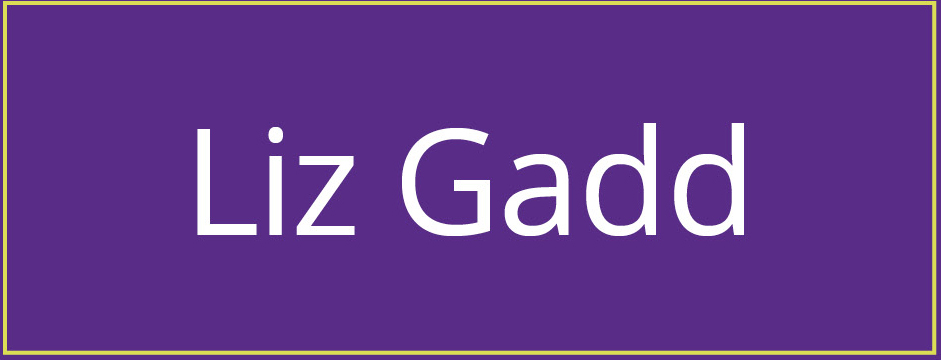Your application for a job… think about it!

Having spent 30 years reviewing CVs and applications from candidates who would like (it would seem) to start or continue their career by moving jobs or getting their first role, it still never ceases to amaze me how badly some people present themselves in writing.
Now I say “some people” because, of course, as a recruiter I do get amazing CVs from brilliant people who can write, spell, use grammar well, and who are communicative and responsive. Needless to say, this group of applicants goes on to secure sought after jobs and have happy and fulfilling careers.
However, other applications received from literally hundreds of approaches we get EVERY week, from candidates applying for jobs or wishing to engage our services to help them find a new role, are not always up to scratch.
I’ve written about this subject before; I’ve cajoled, persuaded, guided, advised literally thousands of people in the last 25 years, all about the two most important aspects of job applications; the CV and the covering letter (these days it’s a covering email).
Forget (for a minute) your LinkedIn, Twitter and Facebook profiles. Forget the online portfolio/website or the PDF with work examples and case studies. Let’s just focus on the covering email.
In March this year, we did a review of 1,000 roles advertised on the internet in the fields of marketing, PR, creative and digital. 83% of those advertisements asked for a CV as the first point of application, which I guess also means those CVs would be sent with a covering letter/email.
So far in April, we have reviewed 1,000 candidates who have approached our network of recruitment businesses and me personally through social media and our websites. 67% of those applications didn’t get past the screening process. This is for one of five reasons.
a) No relevant experience for the role to which they applied (or no attempt to tailor past experience and explain how it’s relevant)
b) No covering letter at all, leaving me to guess the role in which they might or might not be interested
c) No CV attached and no clues in the email as to what the candidate might be interested in finding out more about
d) Spelling or grammatical errors in the covering email (don’t forget the email subject line too!), or addressed to entirely the wrong person/company
e) A terrible CV! And I don’t necessarily mean skills/experience, mostly poorly written, bad use of grammar, spelling mistakes, bad presentation
My focus in this post is the covering note – I’ll come back to CVs and the other points above in later posts.
Grammar, spelling, punctuation and getting the detail right
How difficult is it to learn the difference between “your” and “you’re”? Between “their” and “they’re” and “there”? How difficult is it to make a telephone call to find out my name is Liz and therefore not address your letter to Sue (presumably the last person you wrote to)? When do you use an apostrophe? How many times in one communication can you use the word “I”? (Surely at this stage it’s about the reader, not just you?). How much effort does it actually, really take to write a relevant covering note that will grab my attention and make me want to open the attachment? Why are you referring to the fact that you are looking for an in-house corporate job when applying to a role within an agency? Why have you simply cut and pasted your CV into the covering letter rather than tailoring it to the job to which you have applied? Why did you not read the job advertisement correctly?
In the creative sector, we work in the area of communication. Whether that’s through design, PR, communications, marketing, digital or social media, we are communicating with our audiences and stakeholders. To get on in this industry, you need to be able to write. Whatever your discipline or specialism, the written word is crucial (along with other skills of course).
Over the last ten years, the standard of application letters and covering emails has fallen, dramatically. It’s partly to do with text speak, social media and email, making everything seem so much more casual and informal (but that’s NO excuse).
For the recent graduates/school leavers, it’s also due to the lack of advice given during school or university about how to apply for a job. And for the more experienced candidates, I’m really not sure to be honest……a combination of relying on a LinkedIn profile and a few references; a very buoyant recruitment market; expecting social media to do the work? And not using spell check.
One of the most common complaints I hear from candidates is the lack of response they get when they apply for a job. I understand that’s frustrating. But to be honest, recruiters (both in-house and agency) get so much response, a lot of which is irrelevant, I can see how recruiters decide not to respond to those that are unsuitable, even though that may be seen as being impolite.
There’s plenty of advice available on the internet at a click of a button – spend a bit of time getting your first approach right and your response rate will increase, particularly if you also follow up your application with a phone call (which is a whole other topic!)
If you are interested in moving jobs, or getting one, within the creative sector, please send me an email (if you dare!) – liz@lizgadd.co.uk
Liz Gadd
Recruiter and Consultant, Creative, Marketing and PR liz@lizgadd.co.uk 07486 355 040









